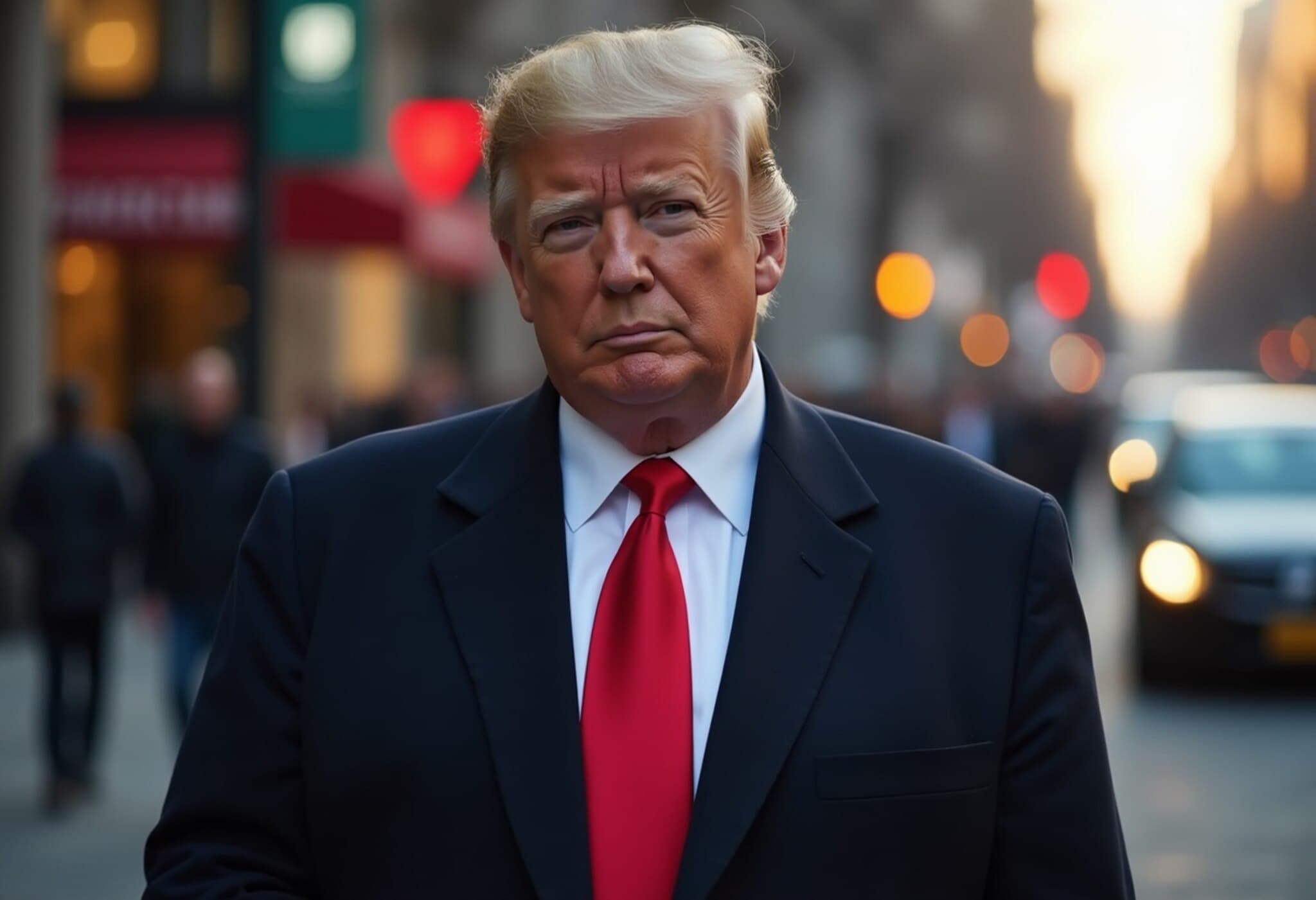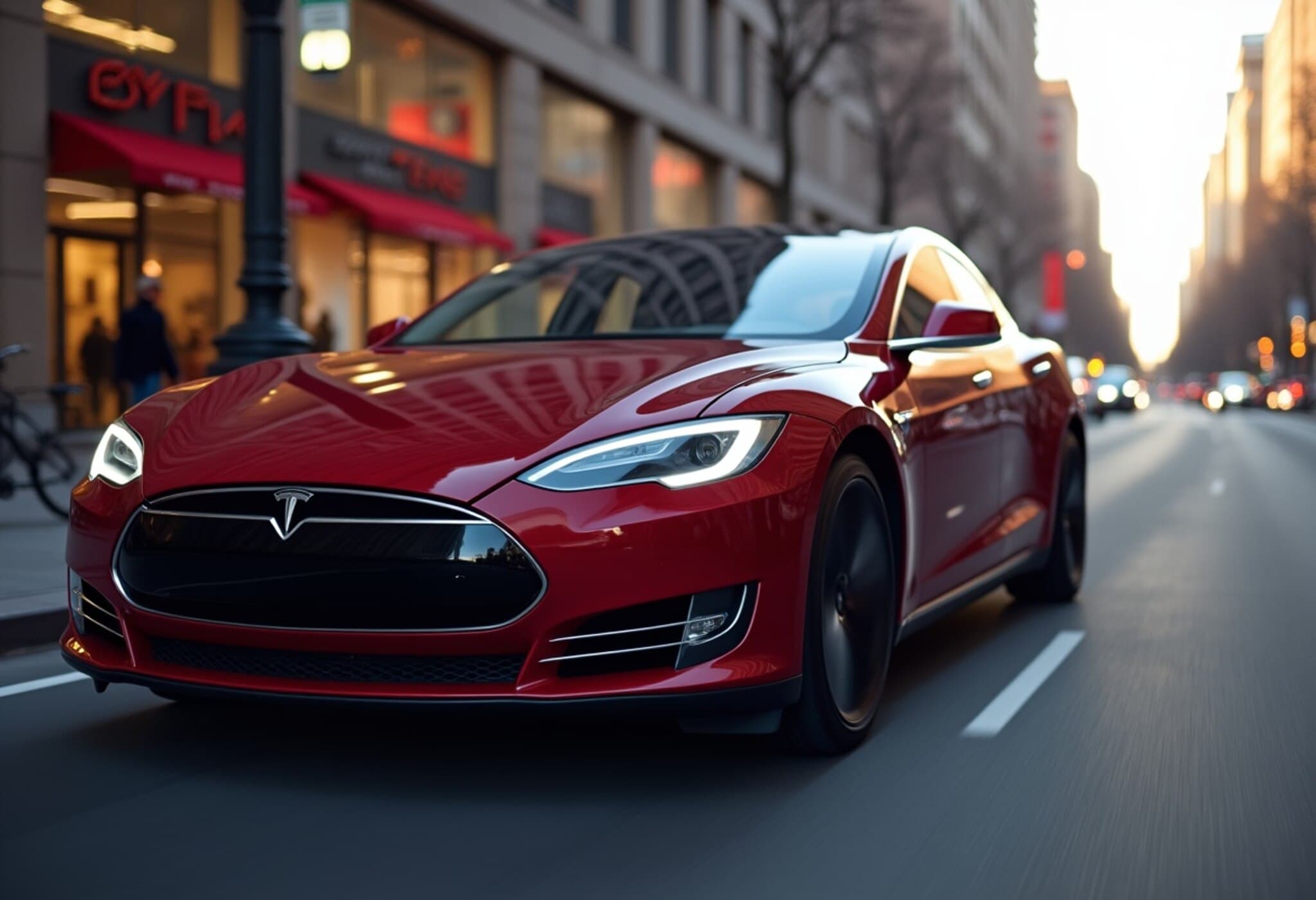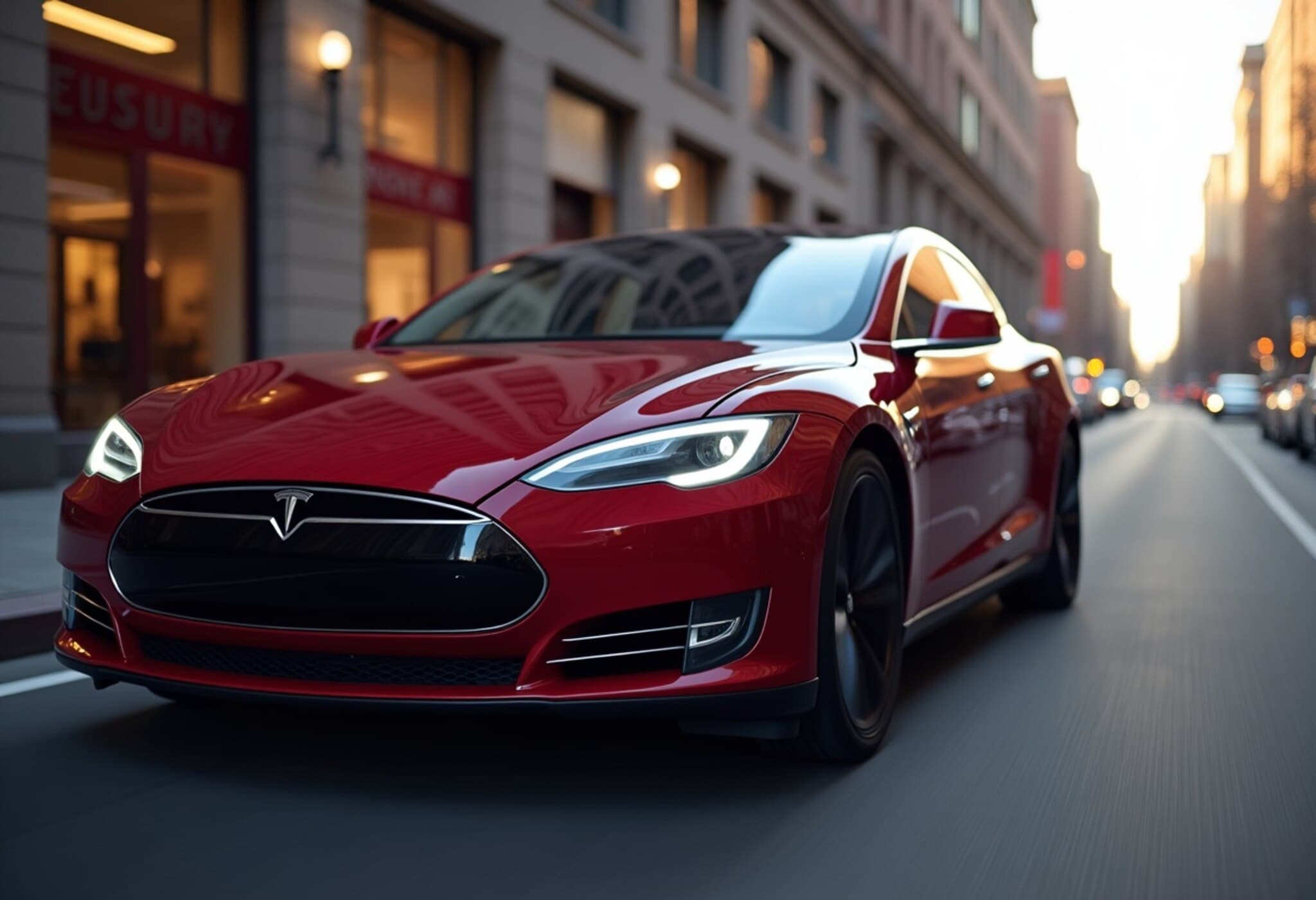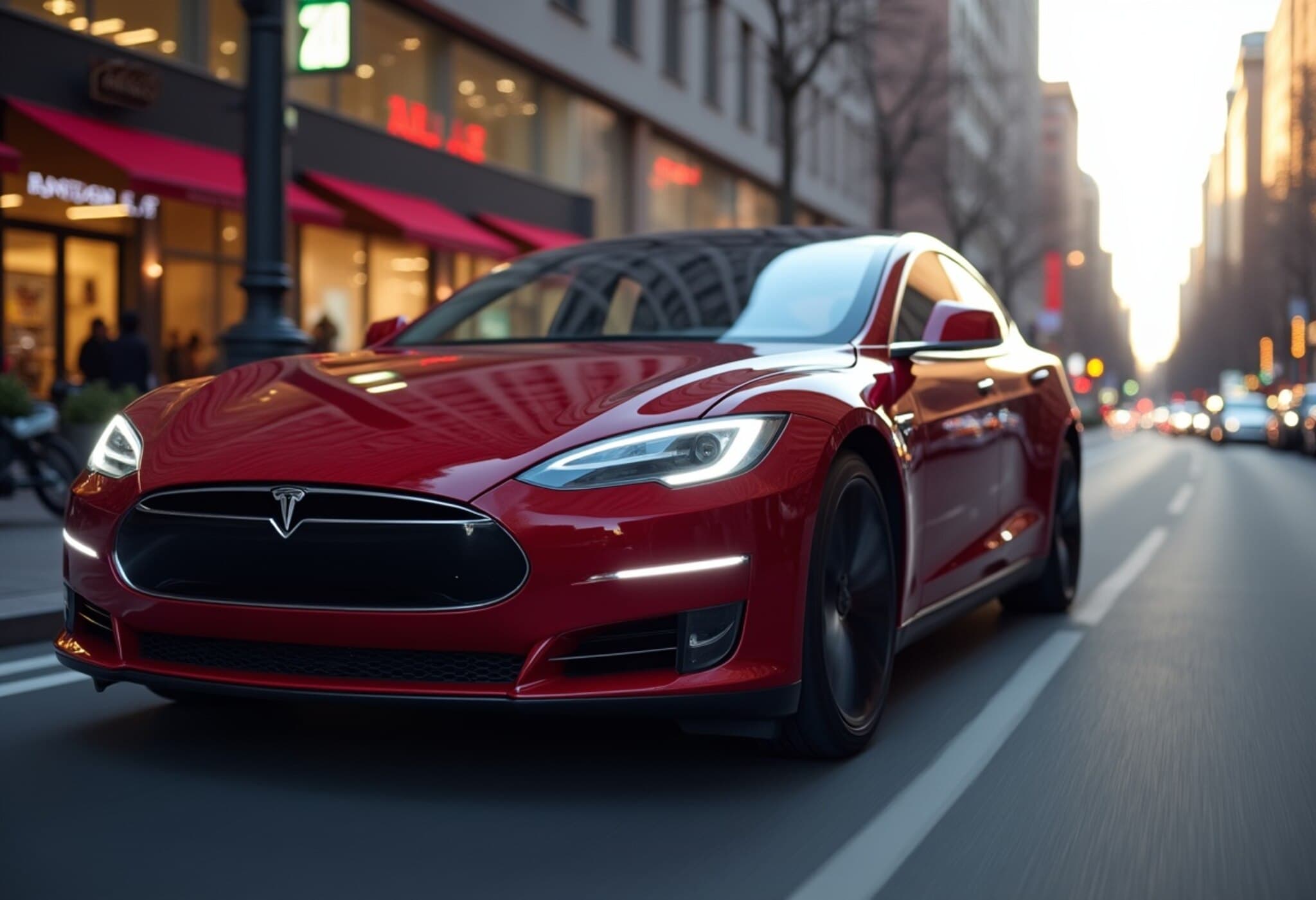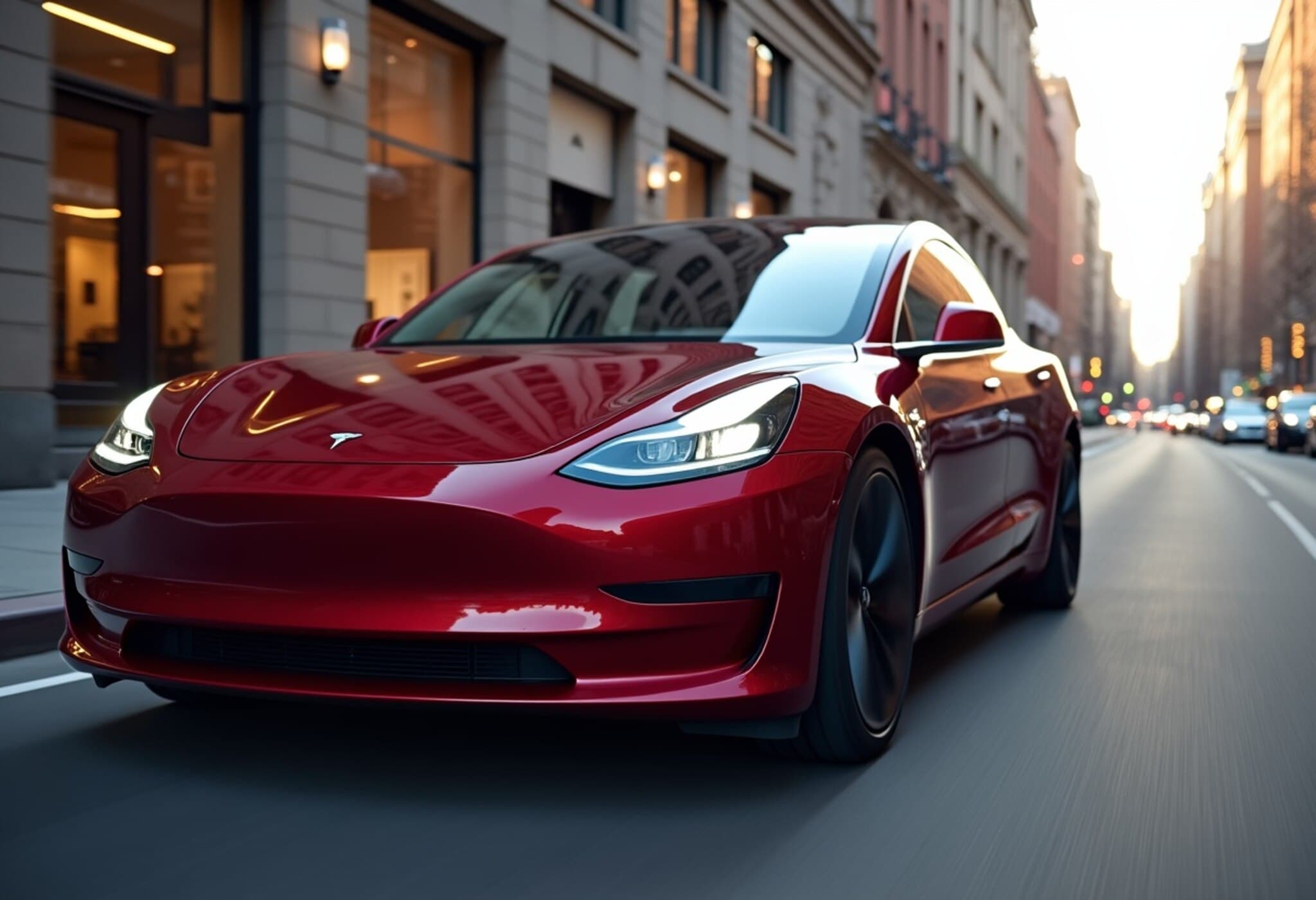Tesla Navigates a Rocky Road as Market and Policy Winds Shift
Electric vehicle pioneer Tesla is confronting a trio of significant hurdles that are rattling its market position and raising questions about its near-term outlook. From declining market share in Europe to evolving U.S. regulatory landscapes and volatile bitcoin investments, the carmaker’s recent trajectory underscores the complex challenges facing innovators amidst shifting economic and political tides.
Declining Market Share in Europe Signals Intensifying Competition
Tesla's presence in the European market has been on a downward slope, with its share dropping to 2.8% in June from 3.4% a year prior—marking six consecutive months of decline. This trend highlights the mounting pressure from traditional automakers and new EV entrants who are increasingly capturing consumer interest in one of the world’s fastest-growing electric vehicle markets.
U.S. Policy Changes Could Weigh Heavily on Tesla’s Revenues
Adding to Tesla’s challenges, the second major front is policy uncertainty back home. The Trump administration’s move to roll back EPA emission regulations disrupts a lucrative revenue stream for Tesla. Traditionally, non-electric automakers purchase zero-emission credits from Tesla, which Tesla earns because its vehicles produce no tailpipe emissions. With the rollback, traditional carmakers may no longer be mandated to buy these credits, effectively cutting Tesla off from tens or even hundreds of millions of dollars in sales.
Furthermore, a crucial federal tax credit for electric vehicle buyers—expiring at the end of September—threatens to increase the cost of Tesla vehicles, potentially dampening consumer demand just as competition heats up.
Bitcoin Sales Highlight Missed Opportunities Amid Market Volatility
Tesla’s third challenge revolves around cryptocurrency exposure. The company’s bitcoin holdings are currently valued at approximately $1.24 billion. However, the decision to liquidate most of its bitcoin in 2022 at prices around $19,000 per coin severely limited potential gains, especially given that bitcoin recently traded near $118,000. This episode reflects broader uncertainties inherent in volatile digital assets.
Trump’s Stance: Supportive Yet Uncertain
Despite these setbacks, U.S. President Donald Trump expressed support for Tesla and businesses in general, emphasizing his desire for companies like Elon Musk’s to "THRIVE like never before". Yet the administration’s regulatory decisions paint a more complex picture for Tesla, signaling that broader political and economic factors will continue to shape the EV landscape in unpredictable ways.
Additional Market Highlights and Broader Economic Context
- Stock Outlook: The S&P 500 and Nasdaq Composite hit new record highs despite an 8% slump in Tesla shares, illustrating investor confidence in other sectors.
- Intel's Earnings Beat Offset by Loss: Intel surpassed revenue expectations in Q2 but reported a net loss of $2.9 billion due to impairment charges, highlighting ongoing semiconductor industry volatility.
- India-U.S. Trade Talks: India expects "preferential tariffs" from the U.S., signaling evolving trade relations important for global supply chains and economic diplomacy.
- Pharmaceutical Innovations: An Indian pharmaceutical firm is positioning itself to capitalize on expiring patents for weight-loss drugs in Brazil and India—an example of emerging market innovation dynamics.
Toward U.S.-UK Trade Negotiations
Meanwhile, President Trump plans visits to his golf resorts in Scotland and an informal meeting with U.K. Prime Minister Keir Starmer amid sensitive talks over a potential U.S.-UK trade deal. Economists caution that the negotiations will involve significant "give and take," with implications for tariffs, regulatory alignment, and bilateral economic cooperation.
Editor’s Note: What Lies Ahead for Tesla and the EV Ecosystem?
Tesla’s current challenges offer a microcosm of broader tensions at the intersection of innovation, regulation, and market dynamics. The company’s experience underscores how regulatory shifts can swiftly alter business fundamentals, especially in emerging sectors like electric vehicles and cryptocurrency. As competitive pressures mount globally, Tesla’s strategic responses will be critical not only for its investors but for the future shape of sustainable transportation.
Key questions remain: How will policy frameworks evolve to balance environmental ambitions with economic realities? Can Tesla regain momentum in mature markets like Europe? And what lessons might emerge about managing risks in volatile asset classes like bitcoin?
These themes will be essential for stakeholders navigating the rapidly changing landscape of green technology and innovation-driven markets.



